Nature reports
Publisher: Wageningen University & Research
Page 1 of 7 - 63 Results
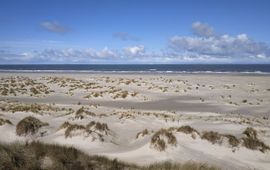
Dunes are considered to be essential for coastal protection. In countries like the Netherlands, where one third of the country is below sea-level, it is crucial to understand how they grow. Sand will play a role, of course, but..
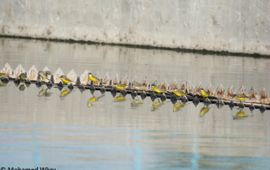
Climate change and human activities are causing wetlands to disappear at an alarming rate. But could wastewater treatment plants be the answer for birds that rely on these shrinking habitats? New research in Egypt by Wageningen..
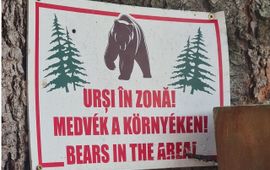
As human populations grow and climate change alters habitats, conflicts with Eurasian brown bears are on the rise. Wageningen University & Research has developed the Human-Bear Conflict Radar, an online tool that uses modelling..
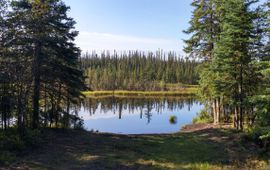
The extensive northern forests of Canada, Alaska and Siberia are about to fundamentally change their tree density because of climate change. According to a new study led by researchers from Wageningen University & Research, this..
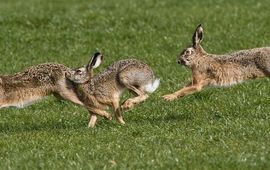
Animals lose dander, mucus and hair that end up in the air. Would it be possible to collect and analyse those traces to map local biodiversity? This was the main question of a Danish research team. The team placed an air sampler..
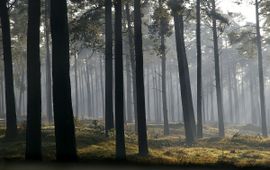
Climate change has an effect on forests and trees. They suffer from heatwaves and periods of drought. Although we see tree mortality increase as a result, much is still unknown about the underlying mechanisms. ..
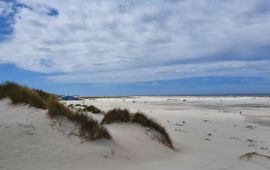
Visiting the beach and enjoying the sun and the sea. For many of us, this is an important way to relax in warm weather. However, Dutch beaches are becoming increasingly crowded. This means that it is not only difficult to find a..
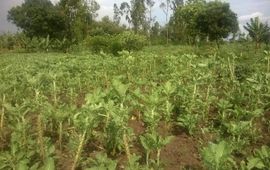
Setting up sustainable farming systems requires policymakers and farmers to start weighing factors at different spatial scales. Alternative agricultural policies still place too much emphasis on production and too little on..
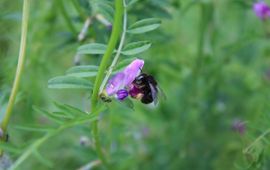
Since 2018, researchers from Wageningen University & Research have been measuring bees and flowers across the Geuldal area of South Limburg to understand how to improve habitat for bees. A recent study shows that across five years..
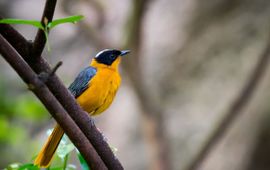
In a revelatory exploration of biodiversity, a recent study has exposed the universal principles governing the dominance and rarity of species across ecosystems. The researchers unveil that a mere few percent of all species wield..
